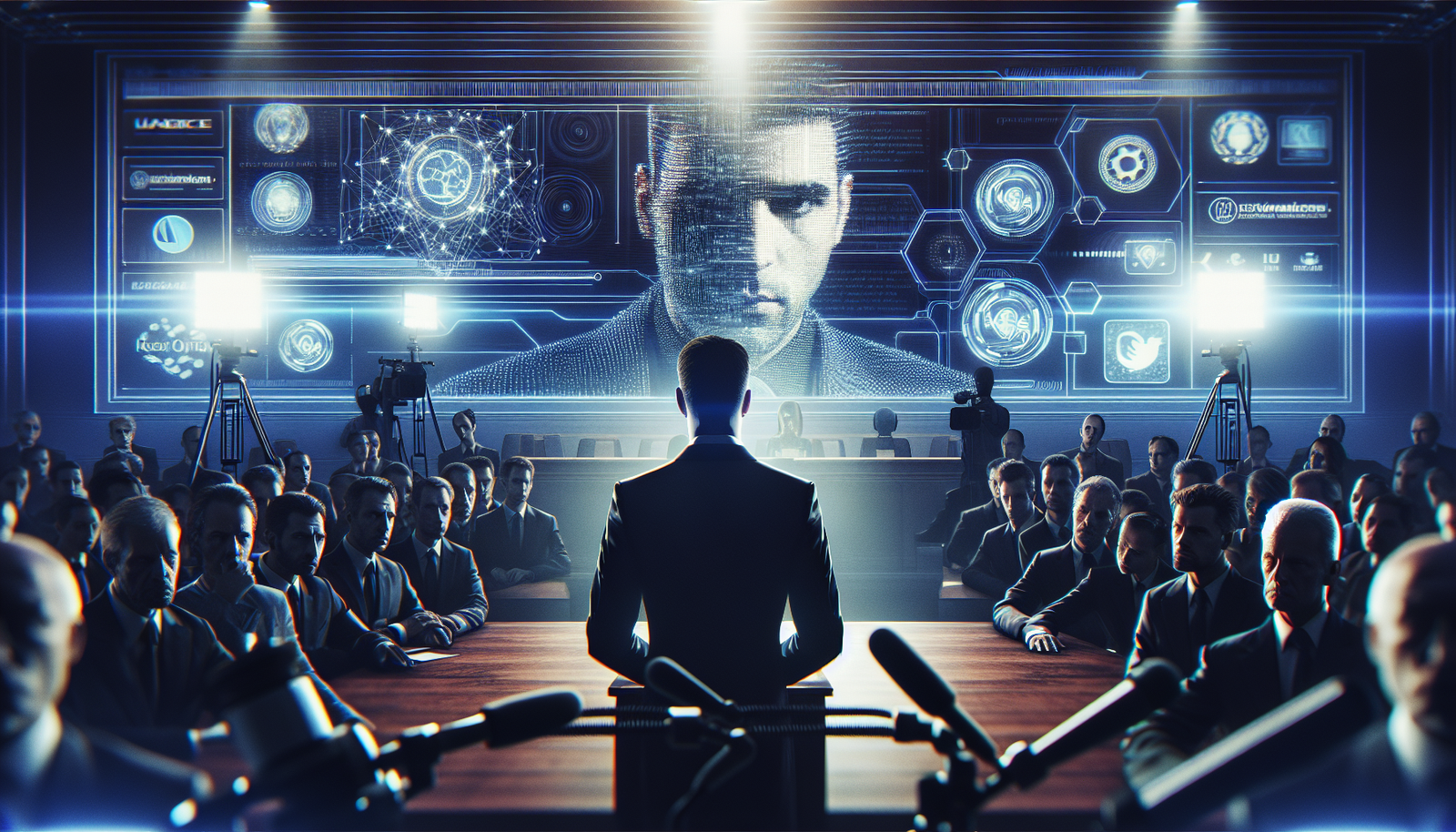Elon Musk’s lawsuit against OpenAI
Elon Musk has launched a legal battle against OpenAI, the company he co-founded with Sam Altman in 2015. The billionaire accuses OpenAI of abandoning its initial non-profit mandate, adopting a profit-centered mentality. According to Musk, this shift compromises the integrity of the organization, as well as the fundamental mission of countering Google’s ambitions.
The lawsuit, filed in California, states that OpenAI must provide its technology free to the public, in accordance with the commitments made by its founders. After resigning from the board in 2018, Musk has consistently criticized the ties between OpenAI and Microsoft, suggesting that these have led to a monopolization of the artificial intelligence market.
Microsoft at the center of the debate
In his amended complaint, Musk expanded his allegations to include Microsoft, arguing that these two entities have sought to monopolize the generative artificial intelligence sector. The Tesla CEO claims that the collaboration between OpenAI and Microsoft resembles an anticompetitive maneuver aimed at eliminating rivals in the market.
Legal documents indicate that Musk is not limited to OpenAI. The Redmond firm, as well as prominent figures such as Reid Hoffman from LinkedIn and Deannah Templeton from Microsoft, are also mentioned. This unexpected inclusion underscores Musk’s desire to extend his criticisms beyond OpenAI, making this battle even more complex.
Allegations of antitrust violations
The expanded complaint reveals that Musk accuses OpenAI and Microsoft of violating antitrust laws. These accusations focus on non-compete agreements that condition investments on commitments to avoid any collaboration with competitors. Such behavior, according to Musk, distorts the balance of the AI market and creates a restrictive environment for new businesses.
The billionaire demands the annulment of OpenAI’s license with Microsoft, while requesting that profits deemed ill-gotten be returned. OpenAI immediately responded, calling these claims exorbitant and unfounded.
Shivon Zilis: a new plaintiff
The amended complaint also introduced a new plaintiff, Shivon Zilis, former board member of OpenAI and executive director at Neuralink. According to the filed documents, she expressed concerns about the agreements made by OpenAI, but these were allegedly not taken into account. This testimony could strengthen the legitimacy of Musk’s accusations.
Shivon Zilis is personally linked to Elon Musk, and her position could influence the judges’ perception in this litigation. Her statement highlights the growing concern among those who contributed to the founding of OpenAI, regarding what they consider a detrimental shift in the company’s direction.
Elon Musk in the political sphere
Simultaneously with his fight against OpenAI and Microsoft, Elon Musk finds himself at the heart of American politics. By agreeing to serve alongside Vivek Ramaswamy under the incoming administration of Donald Trump, he has gained increased political visibility. This new commitment could provide him with a platform to intensify his pressure on tech sector players like OpenAI and Microsoft.
This position could grant Musk considerable influence over AI regulations, allowing for a more abrasive approach in his legal fight. The millions of dollars invested in the Republican campaign testify to his commitment to influence the political landscape.
The implications for the AI industry
This legal battle raises questions about the future of artificial intelligence and its implications for tech companies. Elon Musk’s accusations could lead to a thorough examination of the business practices within OpenAI and Microsoft, which could have far-reaching consequences for legislation surrounding AI and the protection of innovations.
Musk’s moves, as a powerful entrepreneur, invite reflection on the balance between innovation and regulation in a rapidly evolving sector. The growing tension between these two giants could redefine relationships within the tech universe.
Frequently asked questions about Elon Musk’s legal battle against OpenAI and Microsoft
What is the main object of Elon Musk’s lawsuit against OpenAI?
The lawsuit aims to compel OpenAI to adhere to its mission as a non-profit organization and to avoid any form of profit, denouncing actions contrary to the initial expectations of its co-founders.
Why does Elon Musk accuse Microsoft in this case?
Musk alleges that Microsoft and OpenAI have attempted illegally to monopolize the generative artificial intelligence market, which would impact competition.
What are the terms of the amended complaint filed by Elon Musk?
The amended complaint accuses OpenAI and Microsoft of violating antitrust laws by preventing other companies from accessing investment opportunities, and requests the annulment of OpenAI’s license with Microsoft.
What are the implications of the agreement between OpenAI and Microsoft?
The complaint suggests that the exclusive licensing agreement between the two companies could be viewed as an illegal merger, having not received approval from regulators.
Who are the new plaintiffs added to the case by Elon Musk?
Among the new plaintiffs is Shivon Zilis, executive director of Neuralink and former board member of OpenAI, highlighting concerns about the internal agreements of OpenAI.
What impact could this case have on the artificial intelligence market?
This legal battle could influence business and partnership relationships in the artificial intelligence sector, and potentially strengthen competition rules in this field.
How is Elon Musk using his political influence in relation to this lawsuit?
By being appointed to a key position in the Donald Trump administration, Musk could seek to use this platform to pressure OpenAI and Microsoft.
What are the reactions of OpenAI and Microsoft regarding the complaint?
OpenAI has described the complaint as “baseless” and “exorbitant,” while Microsoft has declined to comment on the details of the lawsuit.






